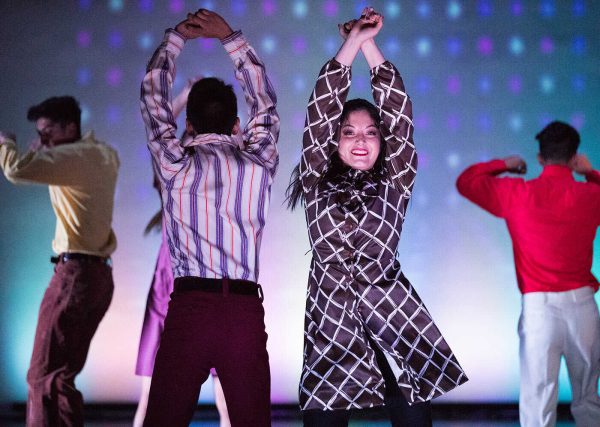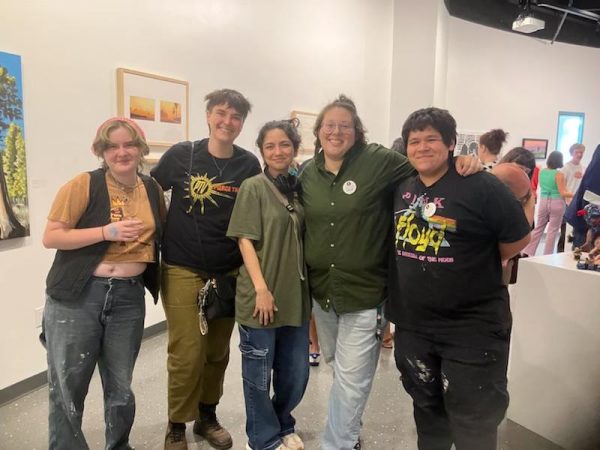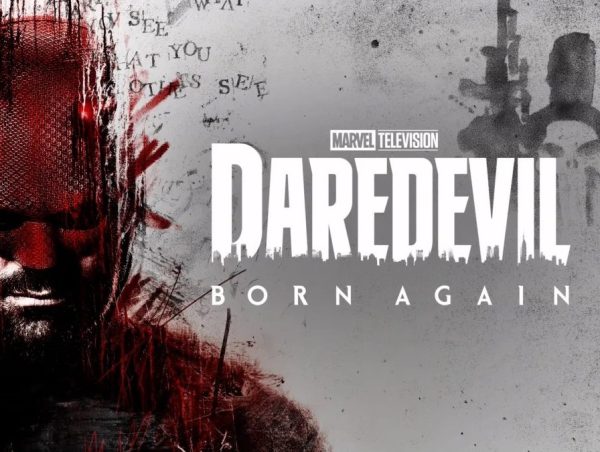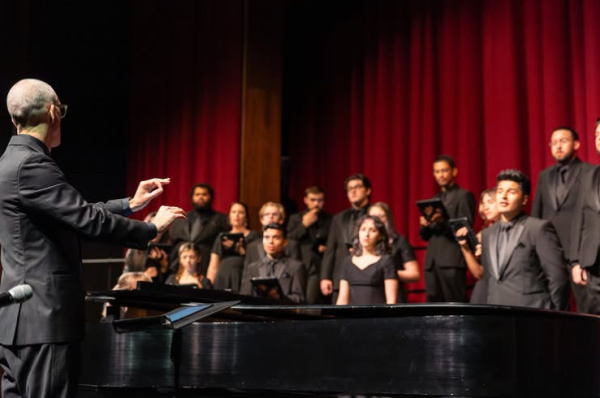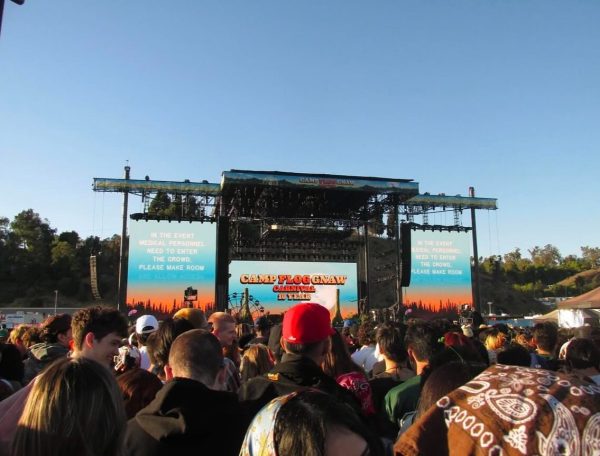Black Impact in Music
The term hip-hop is more than just the rap music we’re all accustomed to.
“Describing the African-American influence on American music in all of its glory and variety is an intimidating—if not impossible—task. African-American influences are so fundamental to American music that there would be no American music without them.” – Steven Lewis.
From the beginning of slavery to the very roots of Africa to the present day, black culture has contributed a significant impact on music. To the bone of their struggles prompted by slavery, holding onto the one memory from their homeland, African Americans used music to drive away from the burden of whips and labor.
Then came the 1920s where African spirituality tunes heavily influenced the work of blues music. The diverse genre served no strict set of principles, allowing the black community and any other group, regardless of status, to use any instruments at home to strum up music.
Considering the undeniable fact that black people weren’t allowed to sit at the same table as a white person, the black community ended up creating their own, which would soon begin the music culture we know of today.
“The music of African Americans is one of the most poetic and inescapable examples of the importance of the African American experience to the cultural heritage of all Americans, regardless of race or origin,” Steven Lewis stated in his article Musical Crossroads: African American Influence on American Music.
From the poetic music came Jazz, a genre so dynamic that it historically inspired a diverse variation of styles. Born in New Orleans, the musical style soon overtook nightclubs in Chicago and states such as Kansas and Missouri due to the black workers on riverboats.
Jackson, of scat singing, said, “some people say it is the origin of hip-hop.”
Jazz was used to address and tackle the social issues running rampage during this time. Black musicians used their work to talk about revolutionary topics. Artists such as Max Roach released the album “We Insist! Freedom Now.”
Till this day, Jazz continues to hold a heavy influence on present-day music. Ella Fitzgerald and Louis Armstrong inspired a lot of modern music we see today, such as Kendrick Lamar’s album, “To Pimp a Butterfly.”
At the mention of Hip-Hop music, many might think of the iconic Tupac, the Notorious B. I. G., Snoop Dog, Kanye West, and more. The term hip-hop is more than just the rap music we’re all accustomed to. It is a movement of people that originate from the black experience. Black communities created hip-hop in the 1970s in the streets of New York City as a form of self-expression through the art of music.
While hip-hop impacts mainstream music, it also immensely influences the American culture through fashion trends, language, and media. This music style has served as a significant producer for empowerment as it is the climax of urban black culture. Today, hip-hop has shown hardly any signs of reducing in its well-known popularity.
Department of Performing Arts assistant professors of music Benjamin Harbet said, “You cannot imagine American music without its African influences. It just doesn’t exist.”

